One Acre Fund
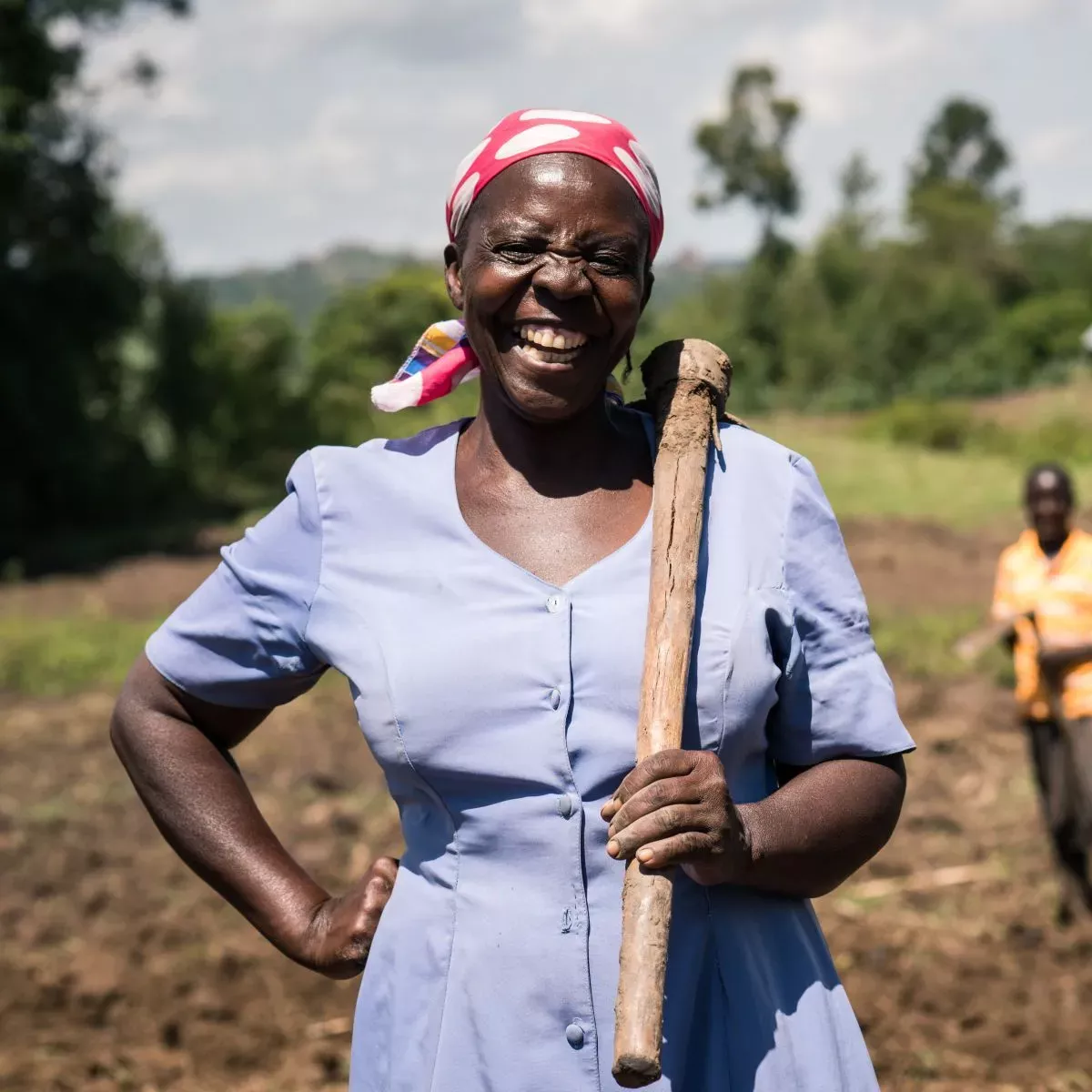
Location
Kenya, Rwanda, Burundi, Tanzania, Malawi, Uganda
Sector
Agriculture
Type of Investment
Grant
Project Stage
Length of Investment
2016 - 2021
Website
Investment Overview
A $15m grant to drive income improvements for smallholder farmers by accelerating One Acre Fund’s testing and scaling up of new farming innovations.
The Development Challenge
There are an estimated 500 million smallholder farms in the world. Two-thirds of sub-Saharan Africa’s population resides in rural areas, and the majority can be considered as smallholder farmers. As a group, smallholder farmers are among the most disadvantaged and vulnerable in the developing world: half of the world’s undernourished people, three-quarters of Africa’s malnourished children, and the majority of people living in absolute poverty can be found on small farms.
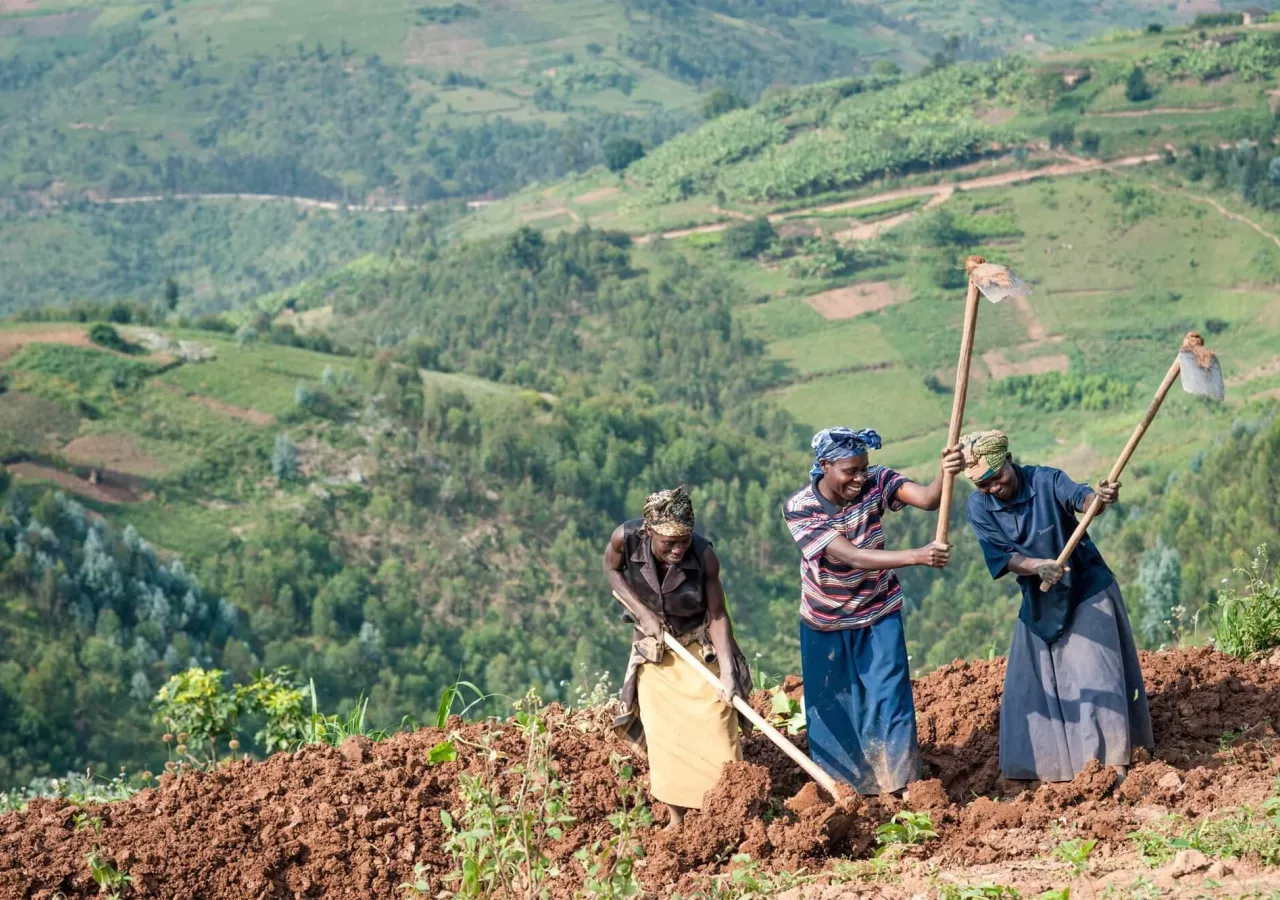
The Innovation
One Acre Fund has developed an innovative system for testing, evaluating, and scaling critical farm technologies and practices that increase the productivity and income of rural smallholder farmers across Sub-Saharan Africa. To date, One Acre Fund serves 400,000 smallholder farmers per year and is on pace to reach 1m farmers by 2020.
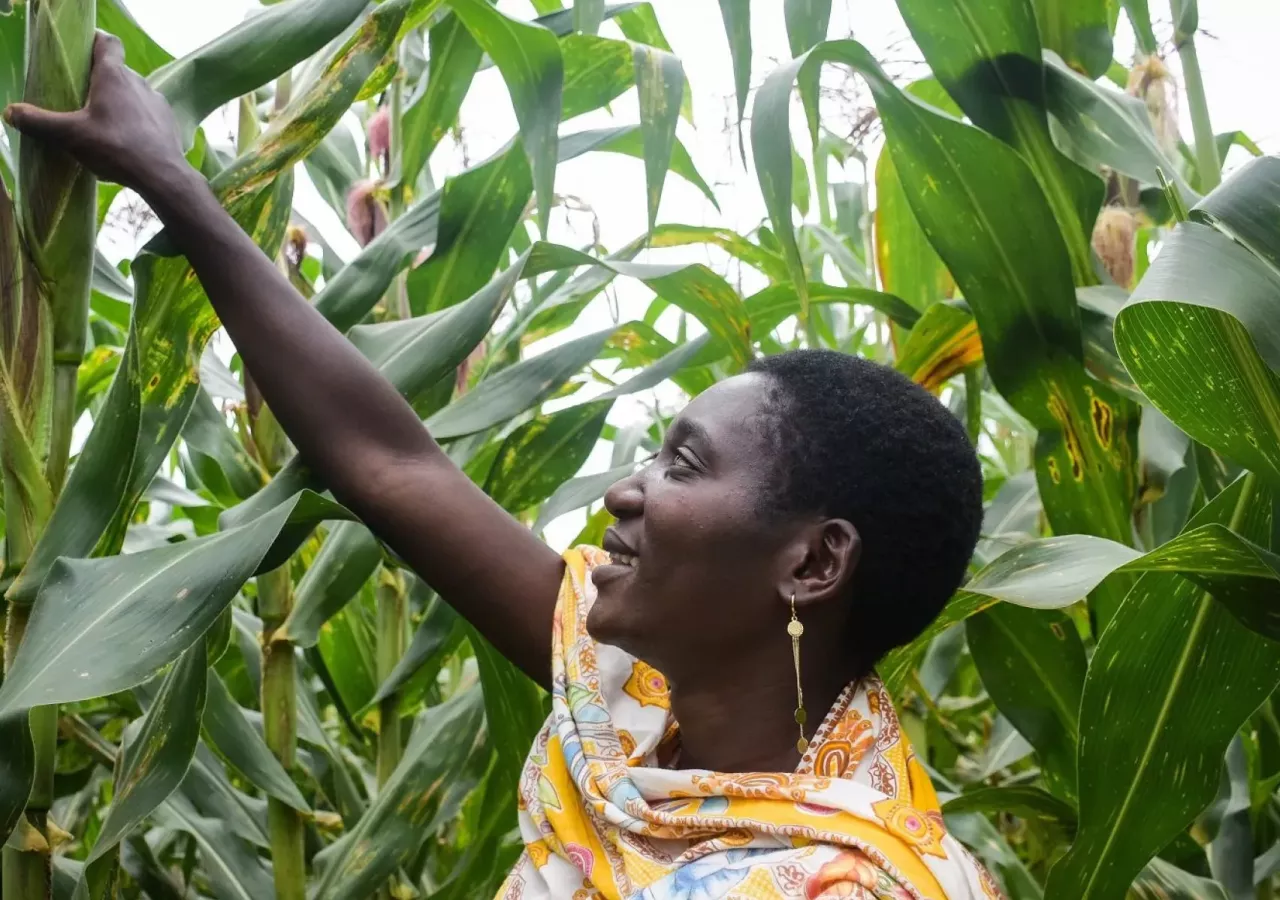
Our Investment
GIF’s investment will co-fund several key areas of One Acre Fund’s work including:
Testing and scaling of new farming innovations through One Acre Fund’s extensive farmer network.
Funding initiatives by One Acre Fund’s model innovation team to improve cost-effectiveness and long-term sustainability of One Acre Fund’s core model.
Supporting ecosystem adoption and improvements through either government partnerships and/or private sector agribusinesses.
Conducting an RCT in Kenya.
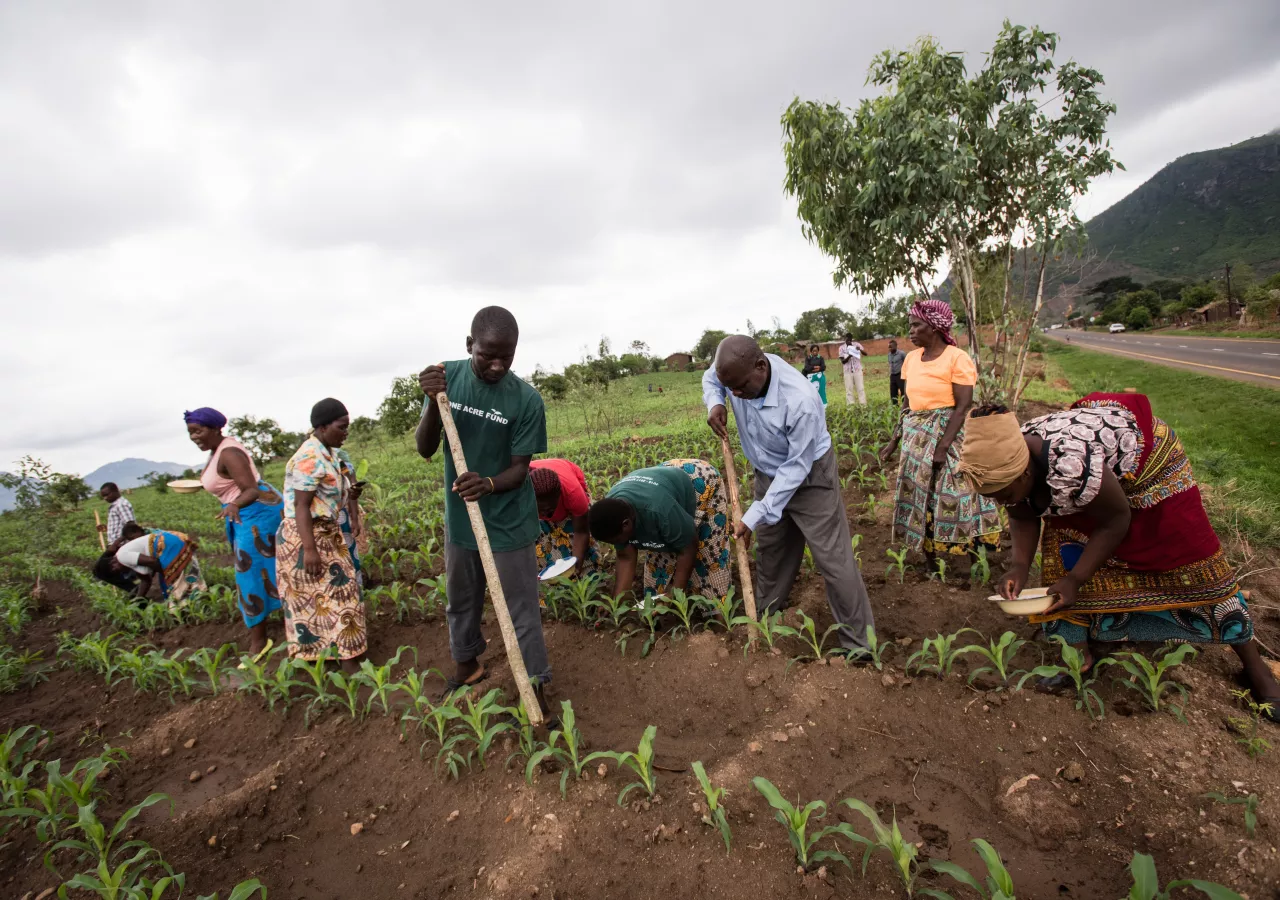
Progress to date
By the end of 2019, 1AF has provided direct services to over one million farmers and indirect services to another 1,376,000 farm families in Kenya, Rwanda, Burundi, Tanzania, Uganda, Malawi, and Zambia. A further 670,000 farmers are estimated to have benefited from learning spillovers. Results from the GIF funded RCT and 1AF’s internal monitoring and evaluation found that 1AF farmers increased their capacity to withstand shocks and stressors and earned on average $96 more per year than comparable farmers. Results also showed that non-participating, neighbouring farmers were learning from 1AF farmers and earning $17 more in income.
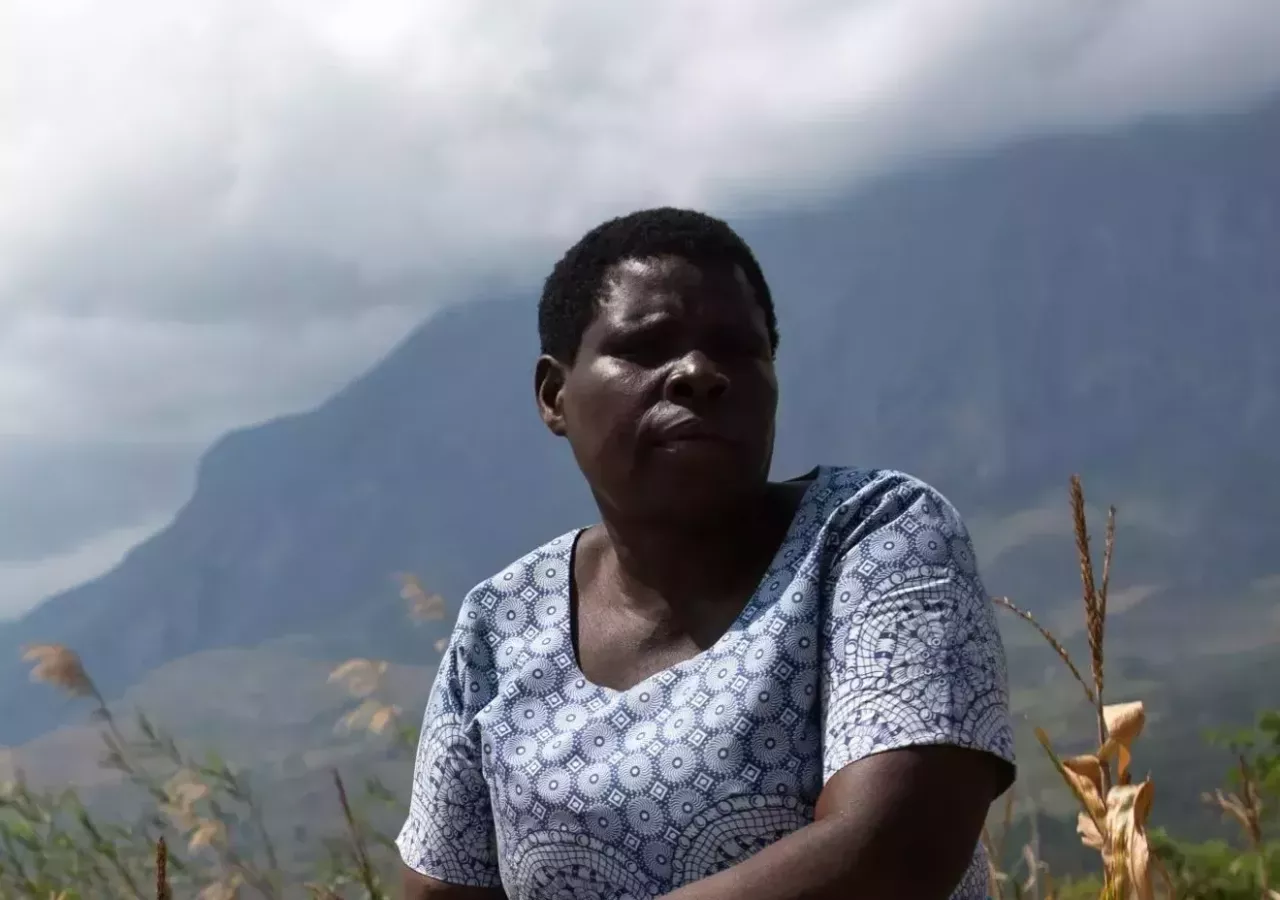
One Acre Fund in numbers
Farmers provided with direct services
Extra income earned by 1AF farmers per year on average
Farmers benefited from spillover effects
Innovating for Climate Resilience
Two and a half billion people - among them half the world’s poor - live on smallholder farms. Small-holder farmers in developing countries are disproportionately exposed to the effects of climate change that undermine their livelihoods and exacerbate food insecurity. At the same time, unsustainable agricultural practices, such as deforestation, used to increase yields accelerate these climate trends further.
GIF is supporting One Acre Fund with a $15m grant to drive small-holder farmer income improvements through accelerating testing and scale up of new farming innovations. They address the above mentioned vicious cycle by prioritising work on resilience with the over 1 million farmers in their network by focusing on promoting strategies that enhance small-holder adaptation, and implementing practices that mitigate climate change. Adaptation initiatives include crop diversification, micro-insurance, and improvements to soil health, and mitigation activities that cover agroforestry, conservation agriculture, and increasing soil carbon stocks.
[1] The social benefits calculated only include monetary benefits generated by farmers from their crops and trees. It does not include additional benefits such as improvements in household consumption and assets, hunger reduction, and improved resilience.
[2] Refer to GIF (2021) for more details on how the social benefits and GIF’s return on investment were calculated.